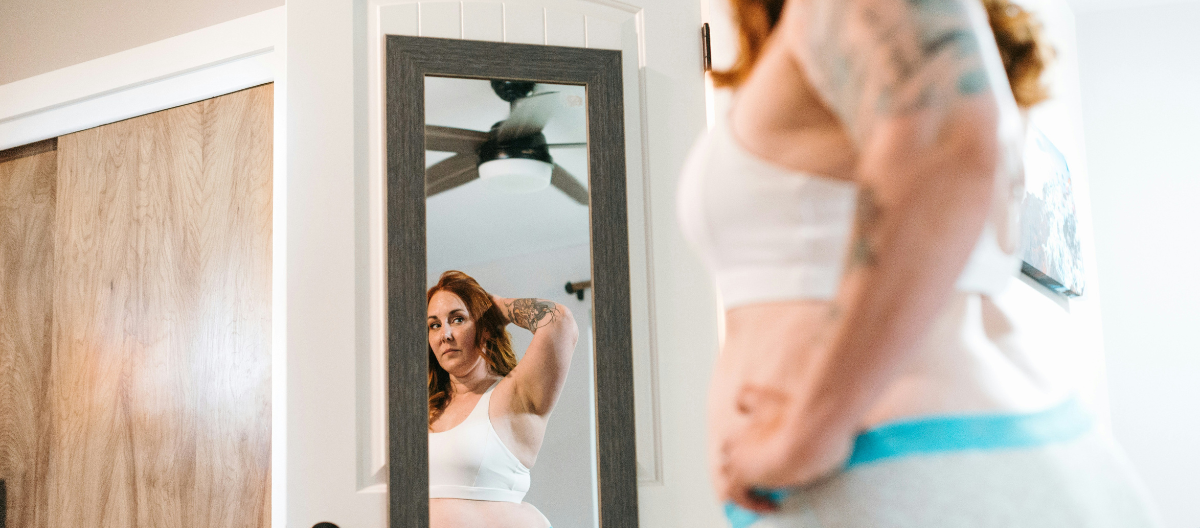Hey Diva dressing fans! When the items we love coincide with brands we work with, Diva dressing will use Paid Links in our articles. If you decide to click on these links and purchase the product, we get a small commission. Our Opinions Are Our Own, but we do add Paid Links as a way to offer these products at no added cost to our readers. Want to know more? Click Here to check out our Terms of Use anytime!
Growing concerns about body image and self-esteem have become increasingly prominent, particularly among young people. The pressures of societal expectations, media representation, and social media have contributed to a climate where individuals frequently compare themselves to others, often leading to negative self-perceptions and mental health issues. Here are the factors contributing to these concerns and their implications for individuals and society.
Impact of Media and Social Media
Unrealistic Standards of Beauty
The media plays a significant role in shaping societal standards of beauty. Advertising, television shows, movies, and magazines often promote narrow definitions of attractiveness, emphasizing thinness, flawless skin, and specific body shapes. This can create unrealistic expectations for individuals, leading to dissatisfaction with their own bodies.
Social Media Influences
With the rise of social media platforms like Instagram, TikTok, and Snapchat, individuals are constantly exposed to curated images of others. Influencers and celebrities often showcase idealized versions of themselves, contributing to the belief that self-worth is tied to appearance.
- Comparison Culture: Social media encourages individuals to compare themselves with others, leading to feelings of inadequacy and low self-esteem when they perceive themselves as falling short of these ideals.
- Filtered Realities: Many images shared online are heavily edited or filtered, creating a distorted view of reality. This can lead to individuals striving for unattainable standards and feeling disheartened when they cannot achieve them.
Psychological Implications
Body Dysmorphic Disorder (BDD)
As concerns about body image grow, so do the rates of Body Dysmorphic Disorder, a mental health condition characterized by obsessive focus on perceived flaws in appearance. Those with BDD often engage in excessive grooming, avoid social situations, or seek cosmetic procedures in an attempt to “fix” their perceived imperfections.
Eating Disorders
Negative body image is closely linked to the development of eating disorders such as anorexia nervosa, bulimia nervosa, and binge-eating disorder. Individuals may resort to unhealthy eating habits or extreme exercise regimens in an attempt to achieve the ideal body type, leading to serious physical and psychological consequences.
Anxiety and Depression
Persistent concerns about body image can lead to anxiety and depression. Individuals may feel trapped in a cycle of negative thoughts about themselves, which can affect their relationships, career prospects, and overall quality of life.
Societal and Cultural Factors
Cultural Norms and Expectations
Cultural background significantly influences body image perceptions. Different cultures may have varying standards of beauty, and individuals who do not conform to their cultural norms may experience feelings of alienation or inadequacy.
Gender Differences
Research indicates that women are often more affected by body image issues than men, largely due to societal pressures to conform to specific beauty standards. However, concerns about body image are increasingly being recognized in men, who may feel pressure to attain a muscular physique.
Positive Body Image and Self-Esteem
Promoting Body Positivity
In response to growing concerns, movements promoting body positivity and acceptance have gained traction. These movements advocate for self-love, diversity in body shapes and sizes, and acceptance of all individuals regardless of appearance.
Education and Awareness
Education about the harmful effects of unrealistic beauty standards and the importance of mental health can empower individuals to challenge societal norms. Schools, families, and communities should promote open discussions about body image and self-esteem, encouraging healthy self-perceptions.
Mindfulness and Self-Compassion
Practicing mindfulness and self-compassion can help individuals develop a more positive relationship with their bodies. Techniques such as meditation, journaling, and therapy can assist in reframing negative thoughts and fostering self-acceptance.
Here are some products to try on
e.l.f. SKIN Mini Holy Hydration! Face Cream $4.25
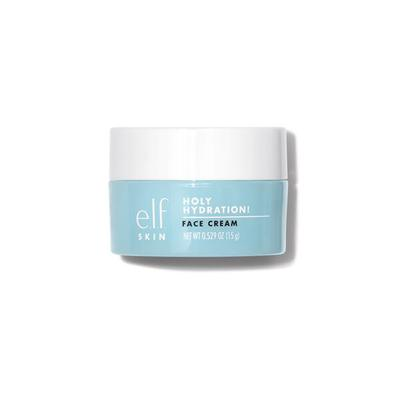
e.l.f. SKIN Blemish Breakthrough Acne Calming Water Cream $5.95
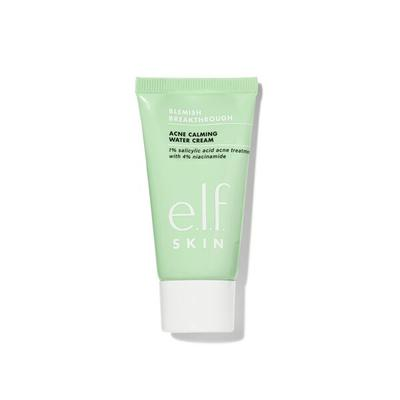
e.l.f. Cosmetics Camo Hydrating CC Cream $12.75
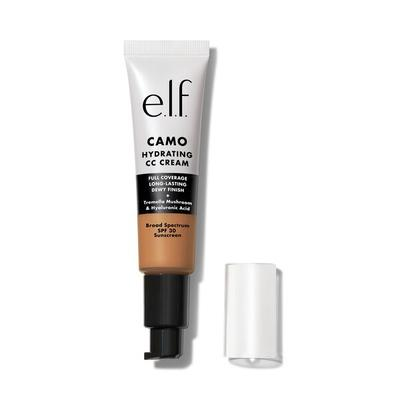
Michael Kors Viscose Blend Cropped Cardigan and Bra Top $110.63

Lucky Brand 3 Pack Seamless Logo Bra $11.89
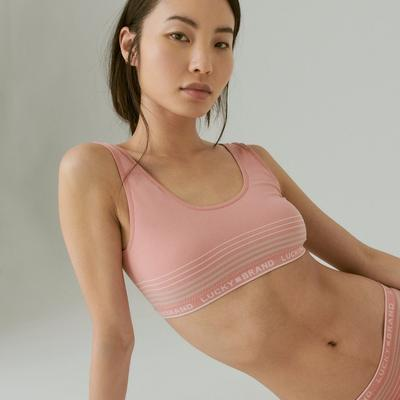
Lucky Brand 3 Pk Ribbed Strappy Comfort Bra $36.00

Plus Size Women’s Cotton Front-Close Wireless Bra by Comfort Choice $12.99

Plus Size Women’s Scoop Neck Swim Bra $19.59


